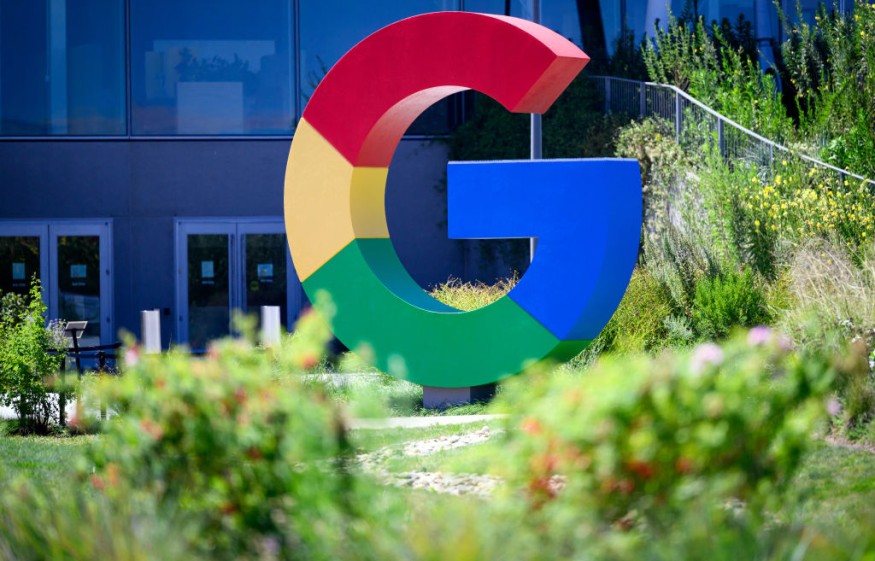
Google is proposing changes to address accusations of monopolistic practices, following a Department of Justice (DOJ) lawsuit that claims the tech giant violated antitrust laws.
The DOJ has called for significant remedies, including the divestiture of Google Chrome and restrictions on its ability to favor its own search engine on Android devices. In response, Google submitted a proposal suggesting more flexible contracts with partners while maintaining its operations.
Google Suggests Browser and Android Flexibility to Address Antitrust Ruling
In August, Judge Amit Mehta of the US District Court for the District of Columbia ruled that Google violated Section 2 of the Sherman Act, describing the company as a "monopolist.", Engadget said.
Google disagreed with the ruling but outlined remedies it believes address the court's concerns without the need for drastic actions.
Among these suggestions, Google proposes allowing browser companies like Apple and Mozilla to negotiate multiple default agreements across devices and platforms.
These agreements could include different default search engines for devices like iPhones and iPads. Additionally, browser providers would have the option to change default search providers every 12 months.
For Android device makers, Google's proposal would enable greater flexibility. Manufacturers could preload multiple search engines and Google apps without being required to preload Google Search or Chrome specifically.
Google argues that these changes balance consumer choice and competition while minimizing disruption for its partners.
Google Warns DOJ Proposals Could Harm Innovation and Privacy
Lee-Anne Mulholland, Google's Vice President of Regulatory Affairs, emphasized the company's commitment to addressing the court's findings while expressing concerns over the DOJ's proposed remedies.
She described the DOJ's recommendations as "overboard" and argued they could harm consumers, privacy, and innovation. Mulholland noted that Google's proposed changes were carefully considered to meet the court's requirements without unnecessary harm to the tech ecosystem.
Google's filing also highlighted the rapid advancements in artificial intelligence (AI) and their impact on the search market.
The company contended that AI is reshaping how people find information, increasing competition. It suggested that any imposed remedies be limited to a three-year period rather than the 10 years the DOJ proposed, citing the dynamic nature of the industry.
According to Courthouse News Service, the DOJ, however, has raised concerns that AI could reinforce Google's dominance. It has sought additional information about the company's use of AI, with Judge Mehta expressing cautious openness to such inquiries.
Google plans to appeal the judge's decision and submit a revised proposal by March 2025, with hearings set to continue throughout the year. The case underscores the tension between promoting competition and regulating rapidly evolving technologies in the digital age.















